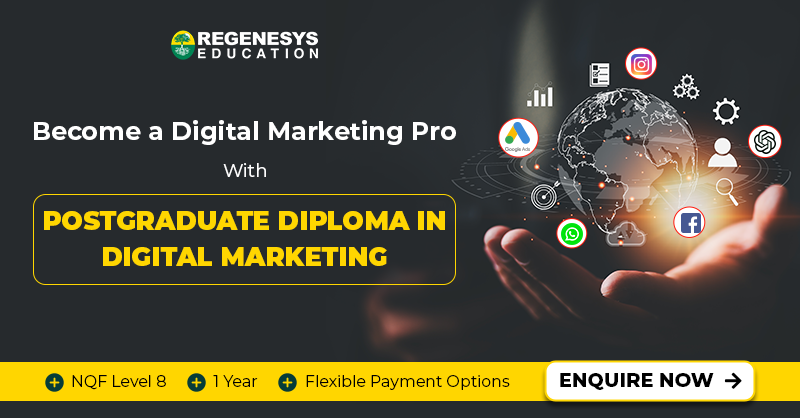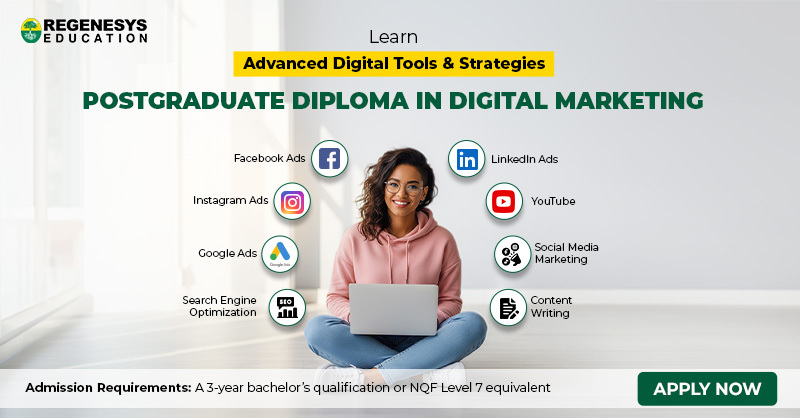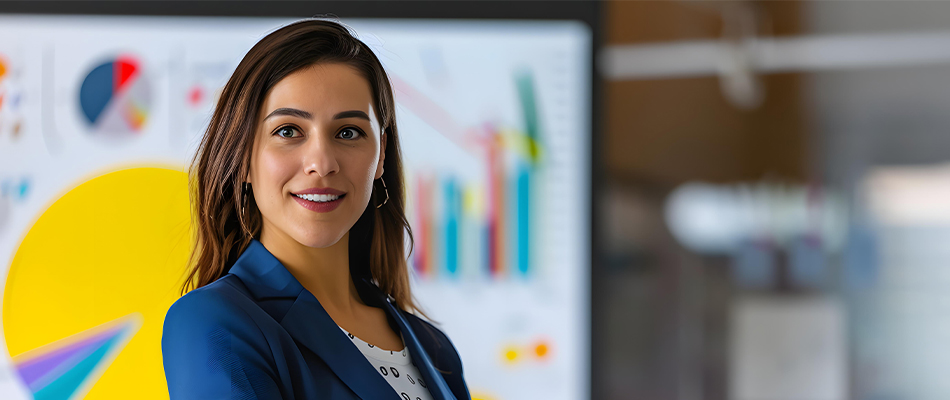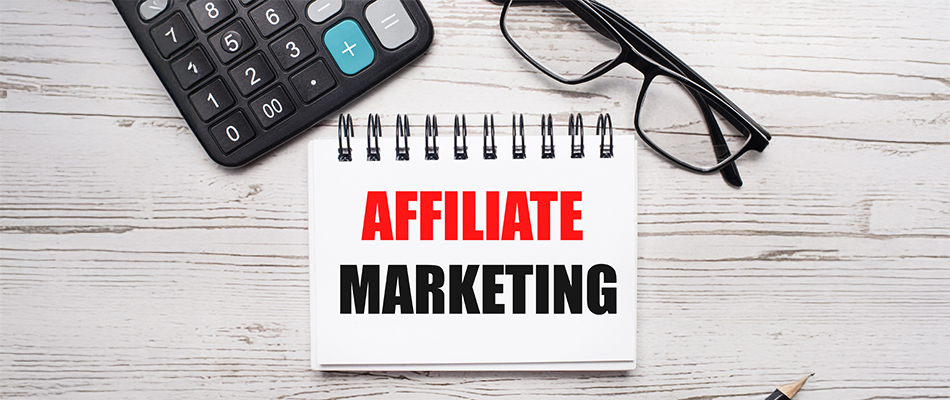A Media Strategist is a vital link between brands and their target audiences. They design, plan, and optimise advertising campaigns across various media platforms, ensuring marketing messages reach the right people efficiently. By blending creative direction with data-driven decisions, Media Strategists ensure every campaign delivers measurable results. With the increasing shift towards digital platforms in South Africa, demand for skilled Media Strategists is growing steadily. The role involves careful selection of advertising platforms, budget planning, and campaign performance tracking.
In this article, we will explore what does a Media Strategist do, how to become one, the qualifications needed, the skills required, and the career advancement opportunities in this field.
Table of Contents

What Does Media Strategist”Mean?
The term Media Strategist refers to a professional who develops advertising plans that align with business goals and consumer behaviour. They analyse market data, understand media consumption habits, and use this insight to decide when, where, and how a company should advertise. This ensures that marketing campaigns are not only cost-effective but also result-oriented.
A Media Strategist differs from other marketing roles by focusing on the channel strategy rather than the content itself. Their work includes mapping out an entire media journey for a campaign, from the first impression to the final call to action. This includes traditional media like radio and TV, as well as digital platforms like social media, search engines, and e-commerce channels.
In essence, they guide how a brand communicates with its audience, ensuring each media touchpoint contributes to the campaign’s success.

What Does a Media Strategist Do?
If you are wondering what does a Media Strategist do, the answer lies in strategic campaign planning that delivers real business results. These professionals ensure that advertising efforts reach the right people at the right time, using the right platforms. Their job blends analytical thinking, creative insight, and operational skills to drive maximum value from every advertising rand spent.
The following are the key responsibilities of a Media Strategist:
1. Audience Research and Targeting
Media Strategists begin by researching the brand’s target audience. This includes analysing demographic, psychographic, and behavioural data to build customer personas and define key segments.
2. Platform Selection
Based on the campaign objectives and target audience, strategists decide which channels to us – such as Facebook, YouTube, radio, or billboards. Each platform is chosen for its relevance and reach.
3. Media Planning and Scheduling
They create detailed media plans, including timelines and frequency of advertisements, to ensure maximum exposure and message retention.
4. Budget Allocation
Strategists manage the media budget carefully, balancing cost-efficiency with the need for visibility. They decide how much to spend on each platform or channel.
5. Campaign Execution Oversight
While they may not directly run the ads, they oversee campaign implementation by working with media buyers and digital marketing teams.
6. Performance Monitoring and Optimisation
Using analytics tools, Media Strategists track the performance of campaigns and make data-informed decisions to optimise them in real time.
7. Client and Team Collaboration
They liaise with marketing managers, content creators, and analytics experts to align creative direction with strategic media goals.
Each responsibility directly ties into the broader goal of ensuring that the brand’s advertising generates measurable returns, helping the business grow. As a result, the answer to the question, what does a Media Strategist do, lies in combining data, creativity, and strategy to develop campaigns that resonate and convert.
Understand What is Digital Marketing All About? Inside the Tools, Tactics, and Trends That Matter here!

How to Become a Media Strategist?
Pursuing a career as a Media Strategist requires a solid understanding of marketing principles and hands-on experience with digital tools. For South Africans looking to enter this field, a structured path can guide your growth and improve your chances of success. So, while researching what does a Media Strategist do, it is equally important to learn how to become one.
The following are the key steps to help you become a successful Media Strategist:
1. Earn a Relevant Qualification
Starting your journey with the right academic background is essential. A strong qualification builds your understanding of marketing principles, digital platforms, and strategic planning. The Postgraduate Diploma in Digital Marketing offered by Regenesys Business School is an ideal option for aspiring Media Strategists in South Africa.
This one-year programme carries 135 credits and is available via contact, online, or distance learning, making it accessible for working professionals across the country.
The qualification focuses on both theory and application, preparing students to thrive in a fast-changing marketing environment. Core topics covered include:
- SEO and Search Engine Marketing
- Social Media Marketing and E-Commerce
- Online Reputation Management
- Affiliate and Mobile Marketing
- Digital Analytics
- Integrated Marketing Communication
Graduates emerge with practical, job-ready skills that enable them to build and optimise effective media strategies in the real world.
2. Learn Core Tools and Advertising Channels
To succeed in media strategy, you must be comfortable with a range of digital tools. These tools help you plan, execute, and analyse campaigns effectively. So, while you explore what does a Media Strategist do, you must know essential platforms and tools these professionals use, which includes:
- Google Ads and Meta Business Suite
- Google Analytics and Looker Studio
- SEMrush and Ahrefs for SEO and SEM
- LinkedIn and X (Twitter) Ads
- Programmatic tools like The Trade Desk
Familiarity with these platforms ensures you can track performance and make data-informed decisions.
3. Gain Practical Experience
Understanding what does a Media Strategist do goes beyond theory, and requires hands-on experience in real-world scenarios. Practical experience brings theoretical knowledge to life and helps you see how strategies are implemented across various platforms. Starting in junior or supporting roles helps build an understanding of how campaigns work in the real world.
You may consider roles such as:
- Media Planning Assistant
- Digital Marketing Intern
- Social Media Coordinator
Opportunities can be found in:
- Advertising agencies
- In-house marketing departments
- Digital consultancy firms
4. Stay Updated
The digital marketing world is constantly changing. Staying updated ensures your strategies remain effective and relevant.
Ways to stay informed include:
- Reading marketing blogs from credible sources
- Subscribing to newsletters and podcasts from industry leaders
- Participating in webinars, online courses, and digital forums
By doing so, you will stay informed on algorithm updates, emerging platforms, and campaign best practices.
Read on How to Become an SEO Consultant in 2025: Skills, Earnings, and Emerging Trends here!

Role of a Media Strategist
The role of a Media Strategist goes beyond campaign planning. It combines strategic insight, consumer understanding, media expertise, and collaborative execution to deliver advertising that works. While many ask what does a Media Strategist do, it’s equally important to understand how they fit into a broader marketing ecosystem.
Below are the key functions and contributions of a Media Strategist within a marketing team:
1. Strategic Direction and Vision
Media Strategists develop the overall vision for how a brand should communicate with its audience across platforms. This involves aligning media activities with broader business and marketing goals, ensuring the campaign strategy drives long-term brand value.
2. Cross-Team Coordination
Unlike other roles that focus on one aspect of a campaign, Media Strategists often act as a link between departments. They work alongside marketing executives, creative directors, data analysts, and sales teams to maintain a unified campaign message.
3. Media Innovation and Experimentation
To stay ahead, Media Strategists test new platforms, formats, and technologies. Whether it’s exploring influencer partnerships or experimenting with AI-based ad targeting, they ensure brands stay innovative in how they connect with consumers.
4. Competitive Market Positioning
Strategists study competitor campaigns, market trends, and emerging platforms to help their brand stand out. They identify media gaps and opportunities to outpace rivals, ensuring every rand spent adds strategic advantage.
5. Long-Term Campaign Scalability
Their role isn’t just limited to single campaigns. Media Strategists create frameworks that are scalable and adaptable – helping marketing teams plan quarterly, seasonal, or annual media activities more efficiently.
Understanding the role of a Media Strategist gives deeper clarity into what does a Media Strategist do in the long run. They shape not just campaigns, but also the media identity and growth trajectory of a brand.
Find out What is a PG Diploma in Digital Marketing? Smart Choice for the Modern Marketer here!
Career Advancement for Media Strategists
Media strategy offers a clearly defined career ladder with opportunities for growth at every level. As digital advertising grows in South Africa, so does the demand for skilled strategists capable of leading impactful campaigns.
At each stage, you can take on more responsibility, manage bigger budgets, and influence overall marketing strategy. The table below provides a typical career progression path for Media Strategists:
| Level | Potential Roles |
| Entry-Level | Media Planning Assistant, Campaign Coordinator |
| Mid-Level | Media Strategist, Paid Media Specialist |
| Senior | Media Manager, Digital Strategy Lead |
| Executive | Head of Digital, Marketing Director, CMO |
Professionals can also branch into:
- Performance Marketing
- Creative Strategy
- Marketing Analytics
With experience, you may lead departments, direct national campaigns, or advise large brands on media direction.
Find out Postgraduate Diploma in Digital Marketing Careers: Advantages and How It Can Boost Earnings here!

Conclusion
A Media Strategist is a key player in the ever-evolving world of digital marketing. From strategy to execution, they ensure every Rand spent drives value. Whether you are planning a social media launch or a national media mix campaign, knowing what does a Media Strategist do is essential for business success.
If you are aiming to enter this dynamic field or want to grow further in your digital marketing career, the Postgraduate Diploma in Digital Marketing from Regenesys Business School offers a solid foundation.
This one-year, NQF Level 8 qualification equips learners with advanced knowledge in campaign strategy, analytics, and integrated marketing. Offered online, via distance, and contact learning format, the programme suits working professionals across South Africa.
Take the next step in your media career with Regenesys, where strategy meets execution.
Does a Media Strategist Do? – FAQs
What does Media Strategist mean?
A Media Strategist is a marketing expert who plans and manages ad campaigns to reach the right audience using the best platforms for maximum impact.
What does a Media Strategist do?
They create and manage advertising strategies, select platforms, set budgets, and analyse campaign results to ensure effective and efficient brand messaging.
Do I need a degree to become a Media Strategist?
A degree such as the Postgraduate Diploma in Digital Marketing helps build skills that employers value.
Is media strategy the same as media buying?
No. Media Strategists plan and design campaigns; media buyers execute them by purchasing ad slots. In small teams, however, one person may perform both functions.
What skills are essential for success in this role?
Important skills include: data analysis, budget management, communication and negotiation, platform expertise (google, meta, tiktok, etc.), and, adaptability and creative problem solving.






